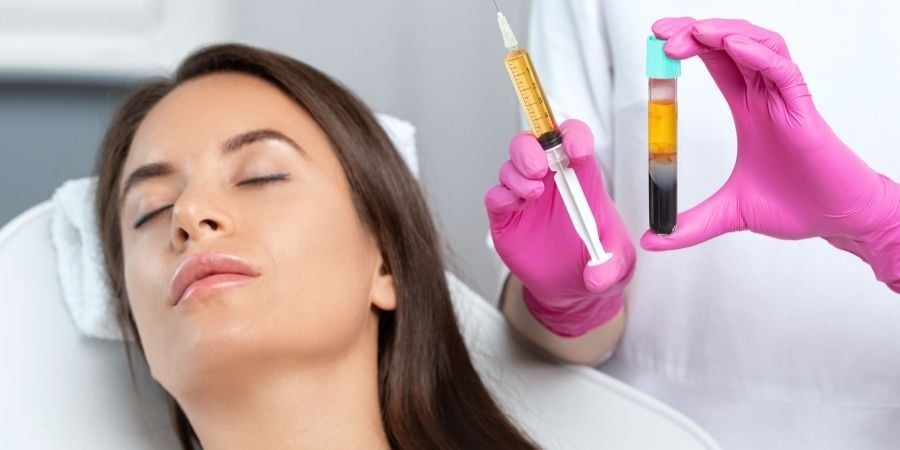Dry skin type
Dry skin occurs when the skin’s sebaceous glands don't produce enough oil. As a result, the skin becomes rough, flaky and prone to irritation. Some factors that can make dry skin worse include the natural ageing process, environmental conditions (such as cold weather) and certain lifestyle habits (such as overuse of harsh skincare products). Having hot showers daily can also wash away the skin’s protective oils, leading to further dryness.
Dehydrated skin condition
Dehydrated skin, on the other hand, lacks water in the skin’s outer layer. Unlike dry skin, which lacks oil, dehydrated skin lacks moisture. That's why this skin condition can affect anyone, including those with oily or combination skin. Dehydrated skin is often temporary. Environmental stressors, poor water intake, an unbalanced diet, and certain skincare products can disrupt the skin barrier and contribute to dehydration. Dehydrated skin typically looks dull and can show premature signs of ageing, like wrinkles and loss of elasticity.
.webp)
%20(1200%20x%20250%20px)%20(1200%20x%20500%20px)%20(2).webp?width=961&height=500&name=The%20Hampton%20Clinic%20Square%20(1200%20x%20628%20px)%20(1200%20x%20250%20px)%20(1200%20x%20500%20px)%20(2).webp)







-1.jpg)


-Aug-11-2025-01-46-06-3013-PM.png)



